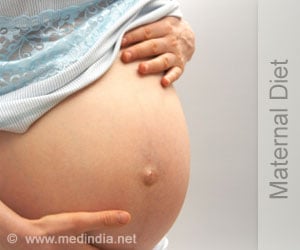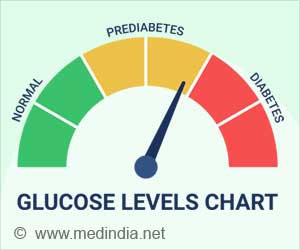Children born to mothers who follow a healthy diet pattern are at lower risk of developing obesity.
- Mother’s unhealthy diet before and during pregnancy can put her children at risk of obesity
- Eating healthy food before pregnancy can reduce obesity risk on children
TOP INSIGHT
Women who make healthy lifestyle changes such as eating healthy, balanced and nutritious food, exercising regularly, quitting smoking and alcohol, can have a positive impact on their child's health as well.
New research, led by Dr Sarah Crozier, Associate Professor of Statistical Epidemiology at the University of Southampton, has found children aged eight or nine were more likely to be obese if their mother had a poor diet during – and before – pregnancy. The research identifies these as critical times, when initiatives to reduce childhood obesity may be more effective.
Long-term analysis
The researchers analyzed data on the diets of 2,963 mother-child pairs who were part of the UK Southampton Women’s Survey – a long-running study that tracks the health of mothers and their children. Women joined it before pregnancy when they were first considering having a baby.
As part of the survey, the women were interviewed and their answers used to fill in questionnaires on their diet and that of their child. The researchers asked about the mother’s diet before they became pregnant and when they were 11 and 34 weeks pregnant. They also asked about what the child ate at six months, one year, three years, six to seven years, and eight to nine years of age.
Long-term effects
When the children were eight to nine years old, the researchers assessed the amount of fat tissue in their bodies using a dual-energy X-ray absorptiometry (DXA) scan. They also calculated the child’s BMI, adjusting this to account for their age and sex.
The results, published in the International Journal of Obesity, showed that if a mother-child pair was in a lower diet quality group, this was associated with child having a higher DXA percentage body fat and BMI at age eight or nine.
Dr Crozier, Associate Professor of Statistical Epidemiology at the University of Southampton, said: “Childhood obesity is a significant and growing issue in the UK, causing long-lasting health problems that extend well into adulthood. This research shows the importance of intervening at the earliest possible stage in a child’s life, in pregnancy or even before conception, to enable us to tackle it.”
This work was funded by grants from the Medical Research Council, project EarlyNutrition, and the European Union’s Seventh Framework and Horizon 2020 programmes. It was also supported by the National Institute for Health Research Southampton Biomedical Research Centre, the University of Southampton and University Hospital Southampton NHS Foundation Trust.
Source-Eurekalert
 MEDINDIA
MEDINDIA





 Email
Email










